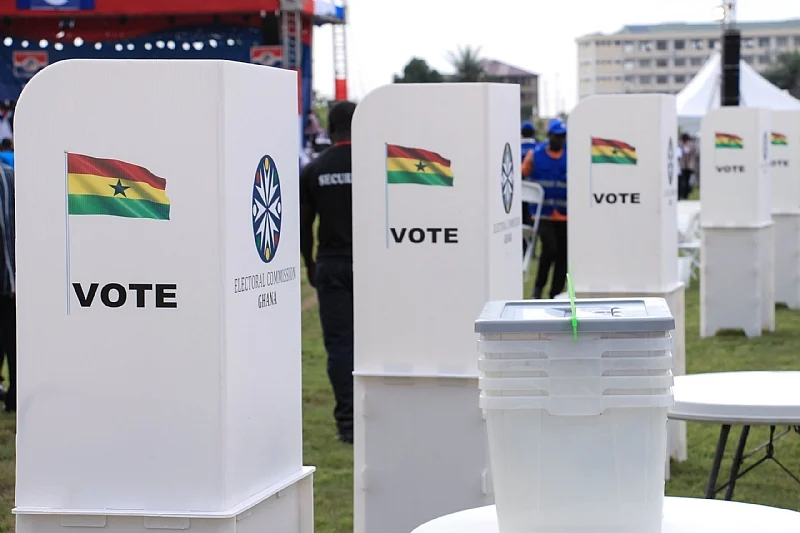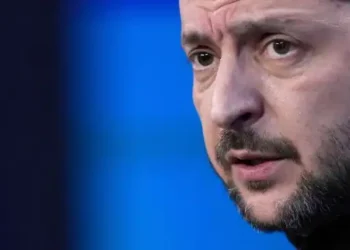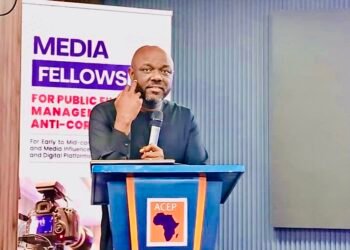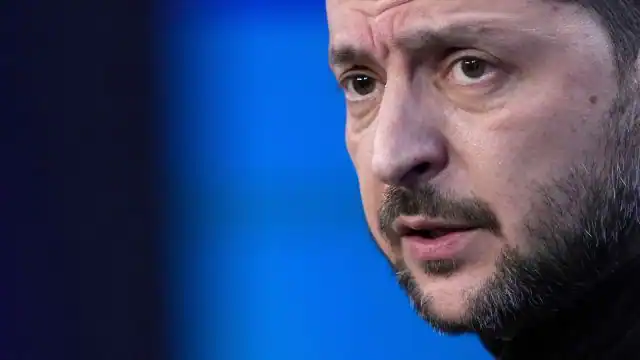Mussa Dankwah, the Executive Director of Global InfoAnalytics, has pointed out that the polling data collected does not indicate a potential runoff in Ghana’s upcoming December election.
He explained that the results, derived from a variety of public responses, offer a clear picture of voter preferences.
Dankwah noted that different models can be used to analyze poll data, and the All Voters Model (AVM) provides a more comprehensive view by including those who have expressed they will not vote.
According to the November 4th poll, John Mahama leads with 43.2%, followed by Dr. Mahamudu Bawumia at 33.6%.
He explained that Alan Kyerematen and Nana Bediako have 1.2% and 3.3% respectively, while other candidates account for 0.6%. Additionally, 11.2% of respondents are undecided, and 6.7% stated they would not vote.
“However, using the Likely Voters Model (LVM), which considers the views of people who have pledged to vote, John Mahama moves to 46.3%, Dr. Mahamudu Bawumia, 36.0%, Alan Kyerematen, 1.3%, Nana Bediako, 3.6%, 0.6%, and 12.2% undecided.
“On the basis, of the Committed Voters’ Model, which excludes undecided and assumes that they will break out in the same manner as the main race, John Mahama races 52.7%, Dr. Mahamudu Bawumia, 41%, Alan Kyerematen, 1.5%, Nana Bediako, 4.1%, and others, 0.7%”.
Mussa Dankwah
Dankwah further explained that, according to the LVM results, John Dramani Mahama is just 3.71% away from reaching the 50%+1 threshold needed to avoid a runoff.
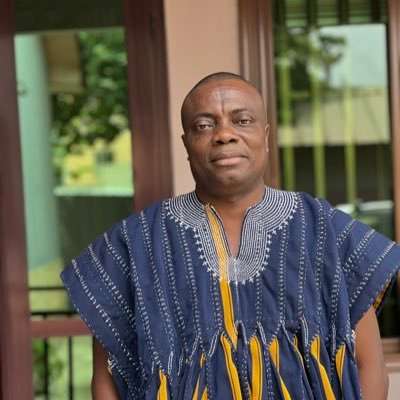
He pointed out that if all undecided voters were to lean toward Dr. Bawumia, the NPP flagbearer’s support would rise from 36.0% to 48.2%, potentially setting the stage for a runoff.
However, Dankwah cautioned that it is highly unlikely Dr. Mahamudu Bawumia would win the full support of the 12.2% undecided voters, as voter preferences are rarely uniform.
This underscores the challenges of predicting election outcomes based purely on such assumptions, making the likelihood of a runoff seem unlikely.
Economic Challenges to Shape Views of Undecided Voters
Furthermore, Mussa Dankwah emphasized that when analyzing the opinions of undecided voters, the poll reveals some concerning trends regarding the economy.
He indicated that according to the data, 70% of undecided voters feel that their economic conditions have worsened compared to a year ago, reflecting widespread dissatisfaction with the current economic climate.
Danwah stated that in contrast, 25% report that their financial situation has remained unchanged over the past year, while only a small 5% feel that their economic conditions have improved.
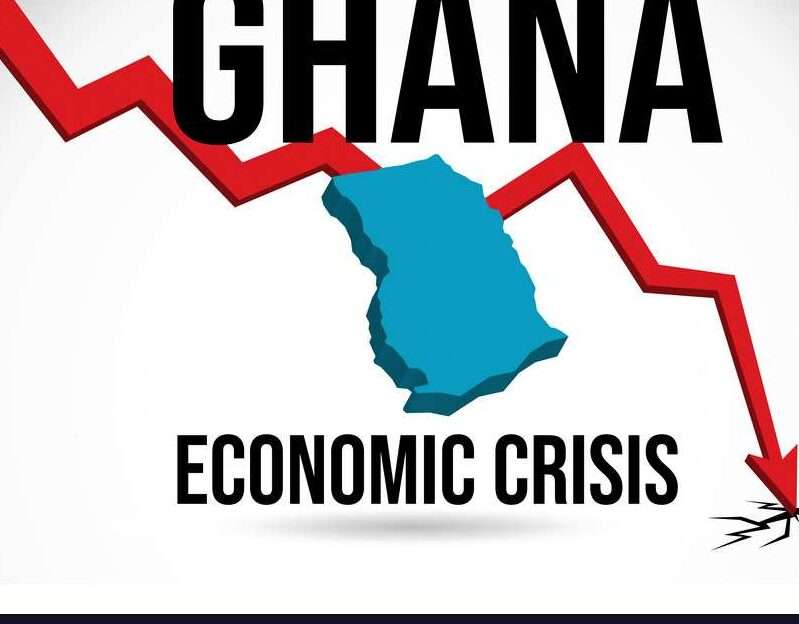
This suggests that many voters are feeling the effects of the economic downturn, which could have significant implications for their voting decisions in the upcoming elections.
“So, if these undecided voters come to the polls, who are they likely to vote for? In conclusion, using the Likely Voters Model, one can see that John Dramani Mahama’s path to 50% is significantly easier and clearer than it is for Dr. Mahamudu Bawumia”.
Mussa Dankwah
In this context, Dankwah reiterated his belief that the upcoming election will not result in a runoff.
He pointed out that for a runoff to occur, it would require 100% of undecided voters to cast their ballots in favor of Dr. Bawumia, which, given the current economic climate, seems highly unlikely.
He noted that the majority of undecided voters have expressed concerns about their worsening economic conditions, making it difficult for them to overlook these personal financial struggles in favor of a candidate.
Dankwah emphasized that, ultimately, the outcome of the election will hinge on the economy, as it remains the central issue affecting voters’ decisions.
Accordingly, as the country’s economy continues to decline in the lead-up to the elections, Dr. Mahamudu Bawumia and the NPP’s hopes of retaining power are likely to remain a distant dream.
READ ALSO: Trump Triumphs, Starmer’s Transatlantic Dreams Crushed

